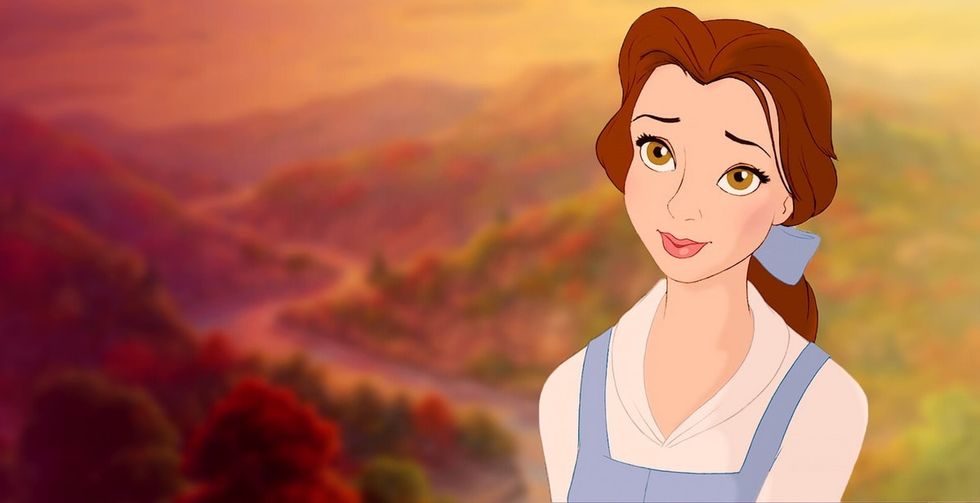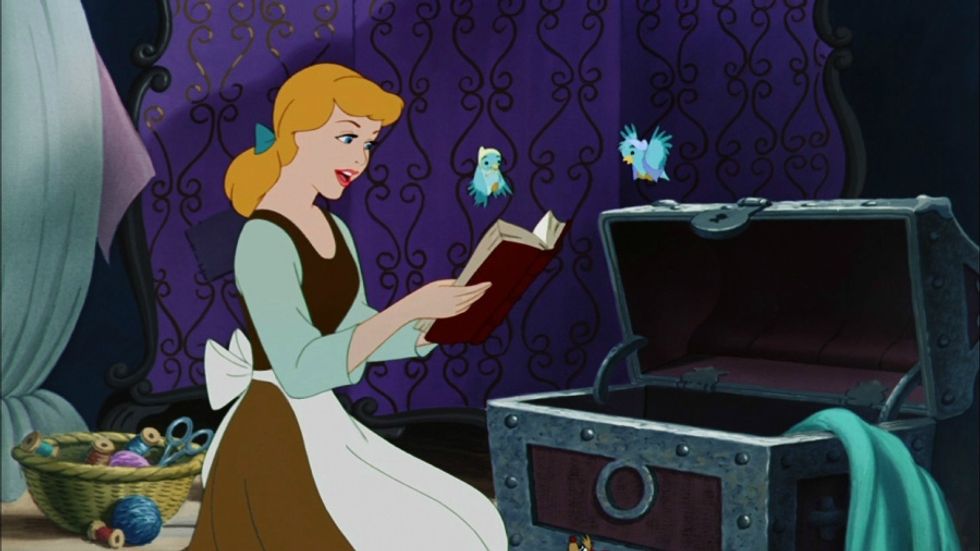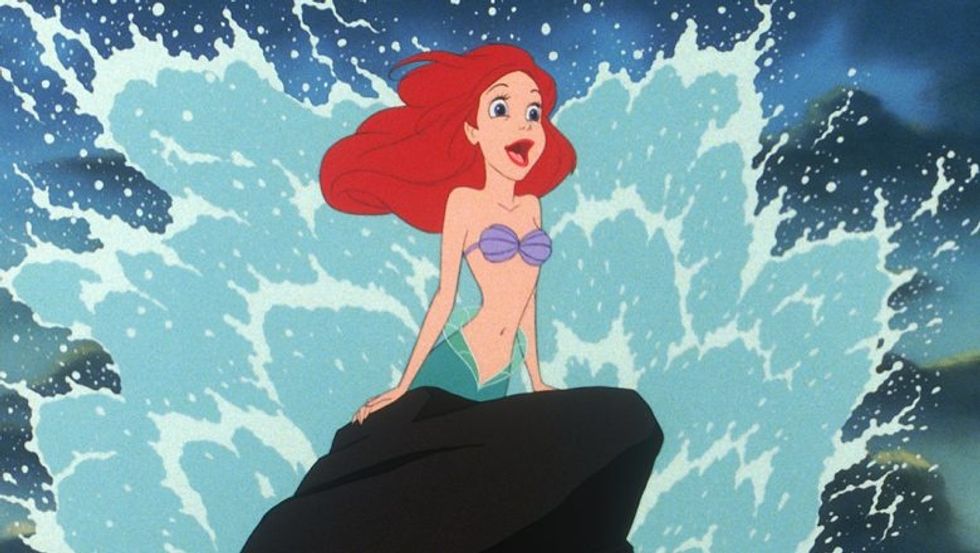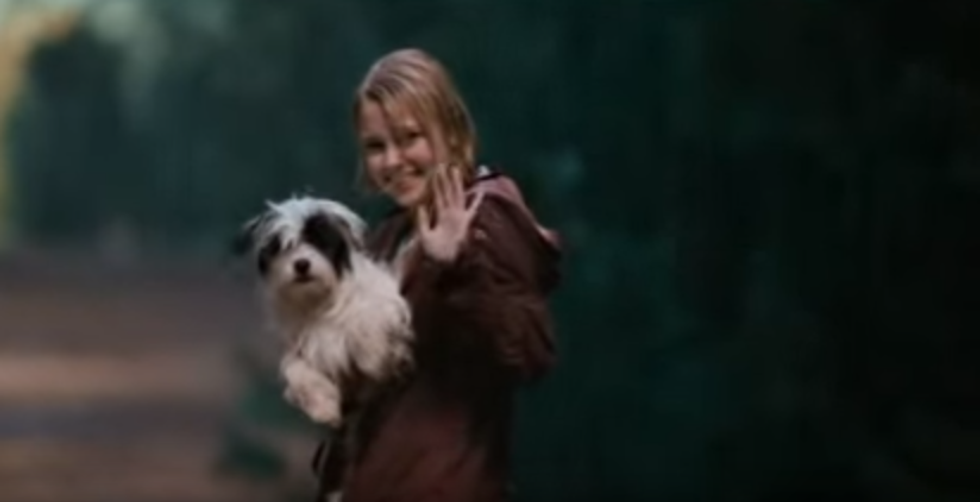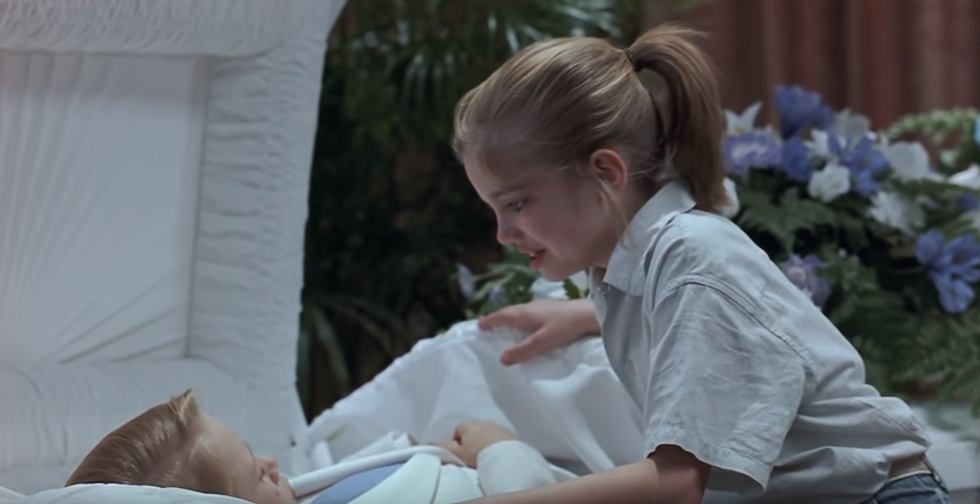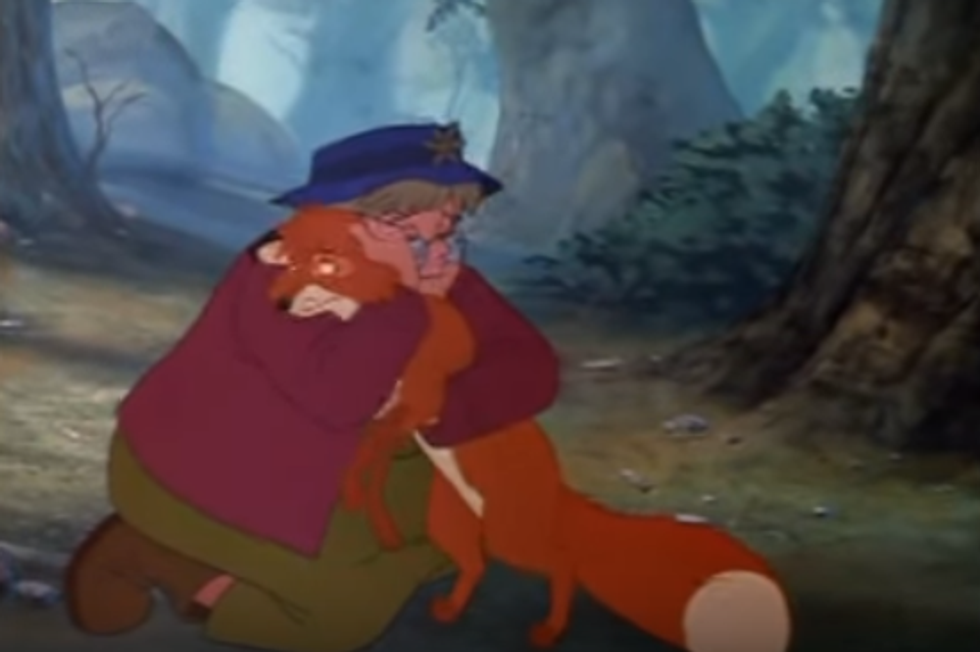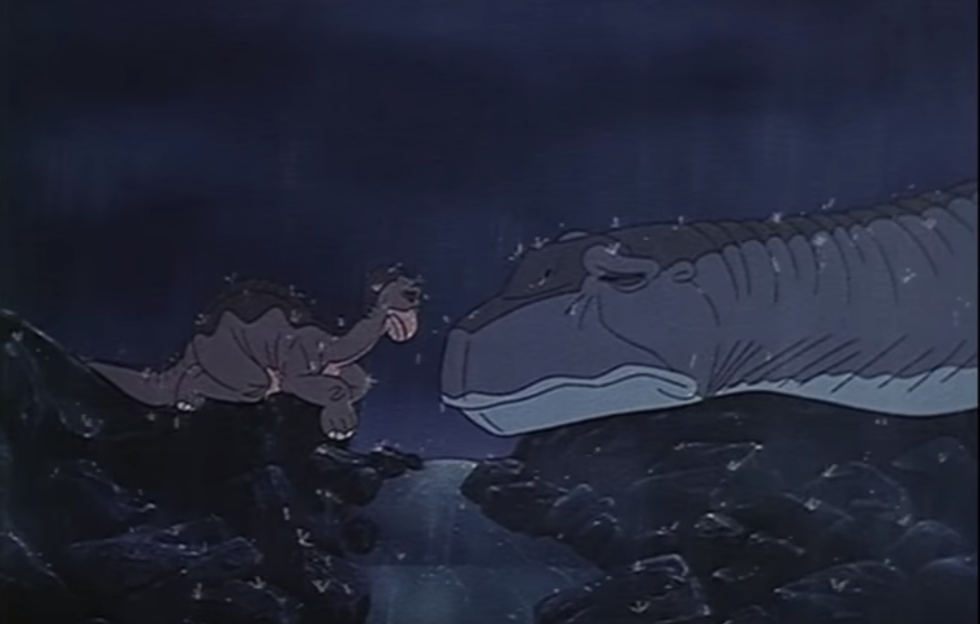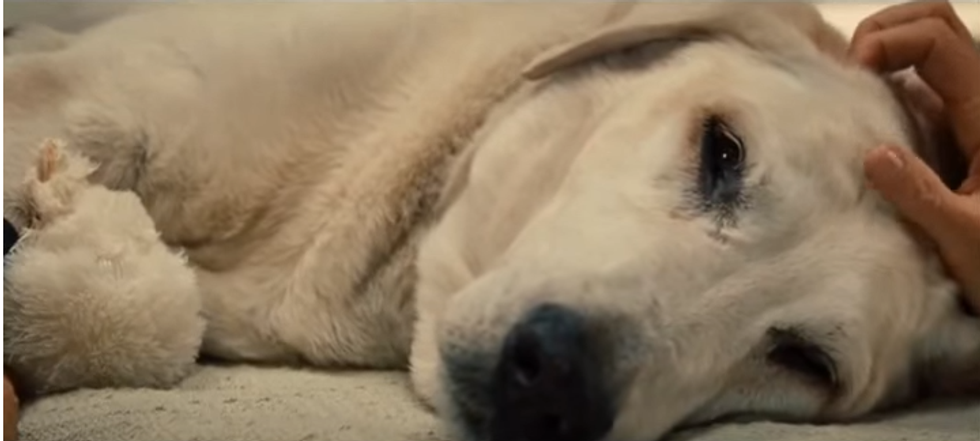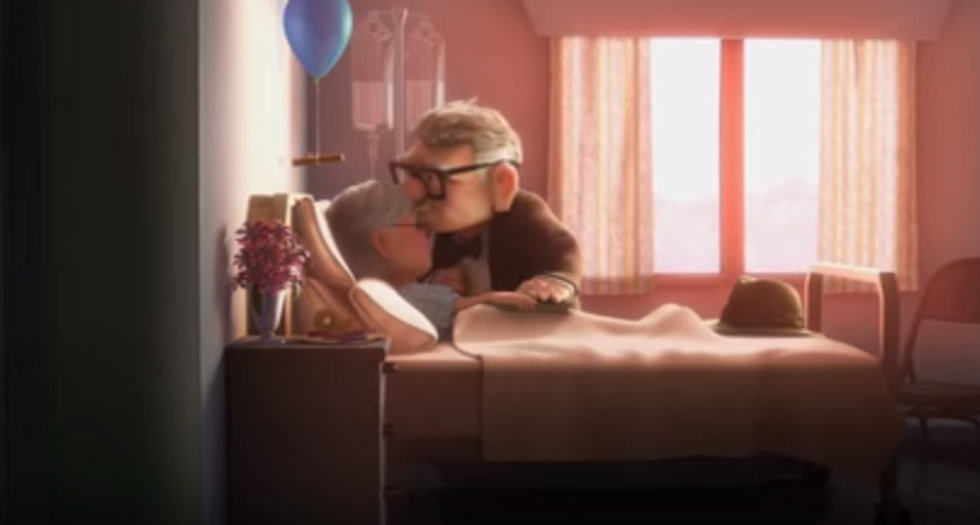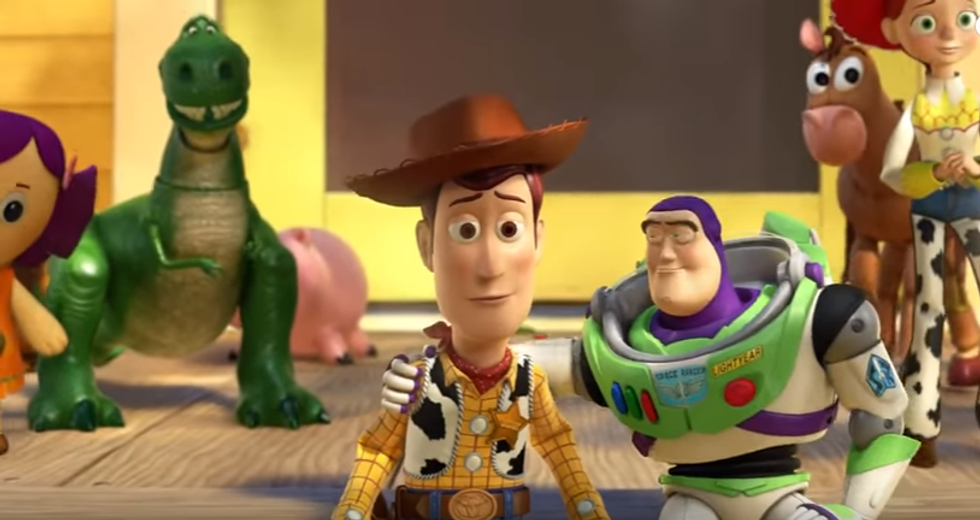Hey Disney, Stop Sexualizing Your Female Characters!
Our beloved Disney princesses are surely not as nice as we may think.
Statistically, at least 3 Disney princesses are likely to never leave the house without makeup on, 8 are in toxic friendships, and 2 are considering plastic surgery.
And that's not even a quarter of the issues Disney princess movies pose - it's just what came up on the first article I found when I googled 'Disney princess statistics.'
Growing up, something my mom brought up to me was that barely any Disney princess has a mother. Ariel, Jasmine, Pocahontas, Cinderella, Belle, you name it - most of them have either only fathers, no parents at all, or evil stepmothers. Of course, there's nothing wrong with a princess having an untraditional family structure. It does, however, become worrisome when the only positive role models in the princesses' lives are men. This teaches young girls who idolize princesses that men are inherently superior to women, which is not the message we want to be sending.
Not to mention, there are some serious issues with how over-sexualized basically every princess is. As I was coming up with ideas for this, I sat at Janss for a solid hour trying to name a princess that isn't hyper-sexualized in any way - and the only one that may be so is Mulan. Besides her, they all wore skimpy outfits, played dumb, fell for men way too easily, and were obsessed with attention. Let's take Tinker Bell, for example. She is a petite fairy who wears a tight and revealing corset dress and literally dies when people don't pay attention to her. Or Ariel, a teenage girl who wears a seashell bra and literally stops being able to live when her beautiful voice is taken away from her. And let's not forget about Jasmine, a teenager forced to marry a man who she doesn't love because of his wealth.
Furthermore, another issue shared by all the Disney princesses is their not-so-unique physique. Every single princess has a small waist and petite frame. Again, this sets little girls up to idolize that type of body, which frankly, is quite unrealistic. Instead of providing realistic role models for young girls to strive to be, Disney created overly "perfect" women who might actually cause more emotional distress than happiness to children. When young girls are taught that the ideal body image is that of a Disney princess, they are already being set up for a future consisting of being disappointed in how they look. This obviously has overarching consequences including low self-esteem issues, depression, and eating disorders.
What's more, is the similarity between all Disney princesses' faces. Basically, every single female-animated figure in any Disney movie has the same facial structure. Disney sculpts their women with slim chins and small noses and big eyes. But their men have great facial diversity. The chins, noses, and eyes of male-animated Disney characters vary in shape and size. Why should men be able to look different from one another but women must fit the ideal "beauty" standard, as self-proclaimed by Disney itself?
On top of all that, there's the issue of violence in practically every Disney movie. As much as I'm for realistic plots, much of the violence depicted in Disney movies is outright extreme. Whether it is Nemo's mom getting eaten, Ursula being Ursula, the sand cave in Aladdin screaming in its deep voice, Bambi's mom getting shot, or the old and ugly witch trying to poison Snow White. They're movies made for kids but they all feature a scene that parents have to cover the eyes of their children for. Think back to when you were a kid - when you didn't watch horror movies or go to haunted houses. Back then, these scary scenes were pretty much as bad as it got. Kids aren't used to horror and goriness, and Disney movies expose them to it not only way too early, but also in an unexpected way. Kids watch Disney movies for enjoyment - to sing along to the songs, dress up like the characters for Halloween, and find role models in the princesses. No one warns them about the scary scenes, they're just kind of there and no one questions why.
To conclude, our beloved Disney should have thought twice before creating movies that send such negative messages to children. I'm not saying they should be all fairies and rainbows, or even that they should all end in happily ever afters - however, I think they do reflect societal issues in a pretty extreme and unrealistic way.




